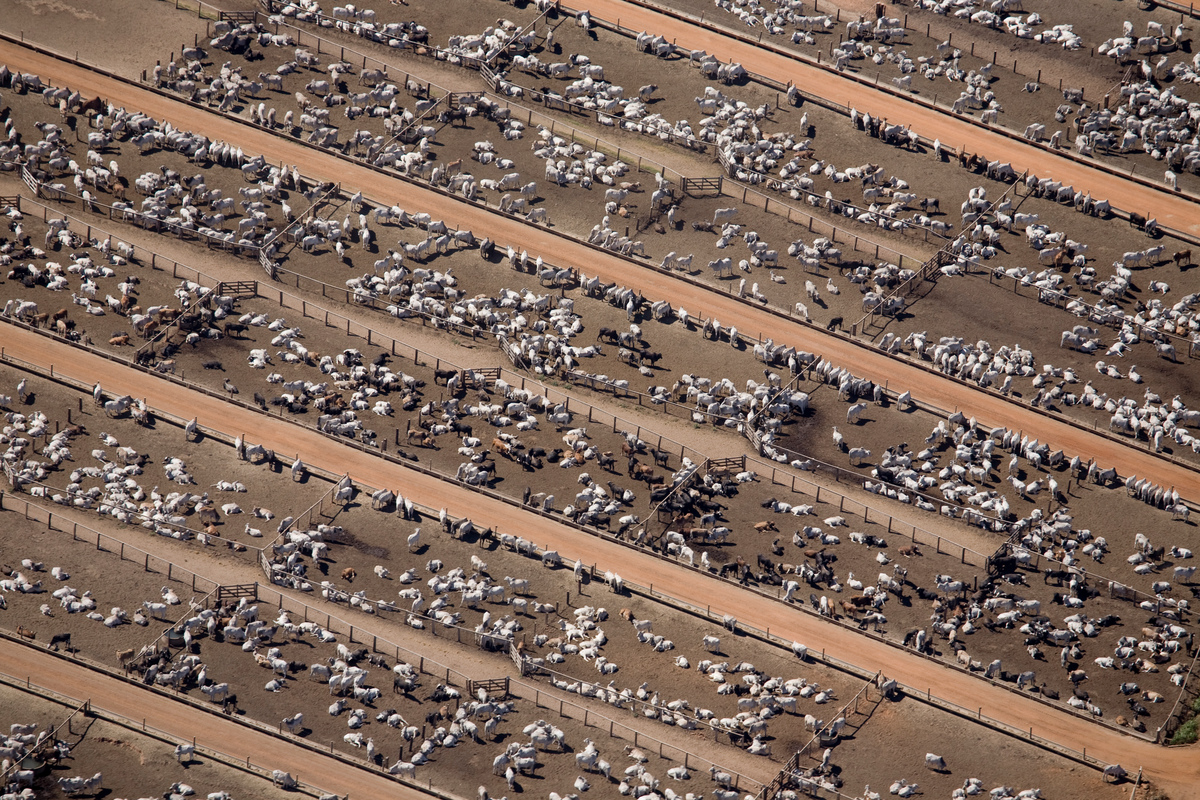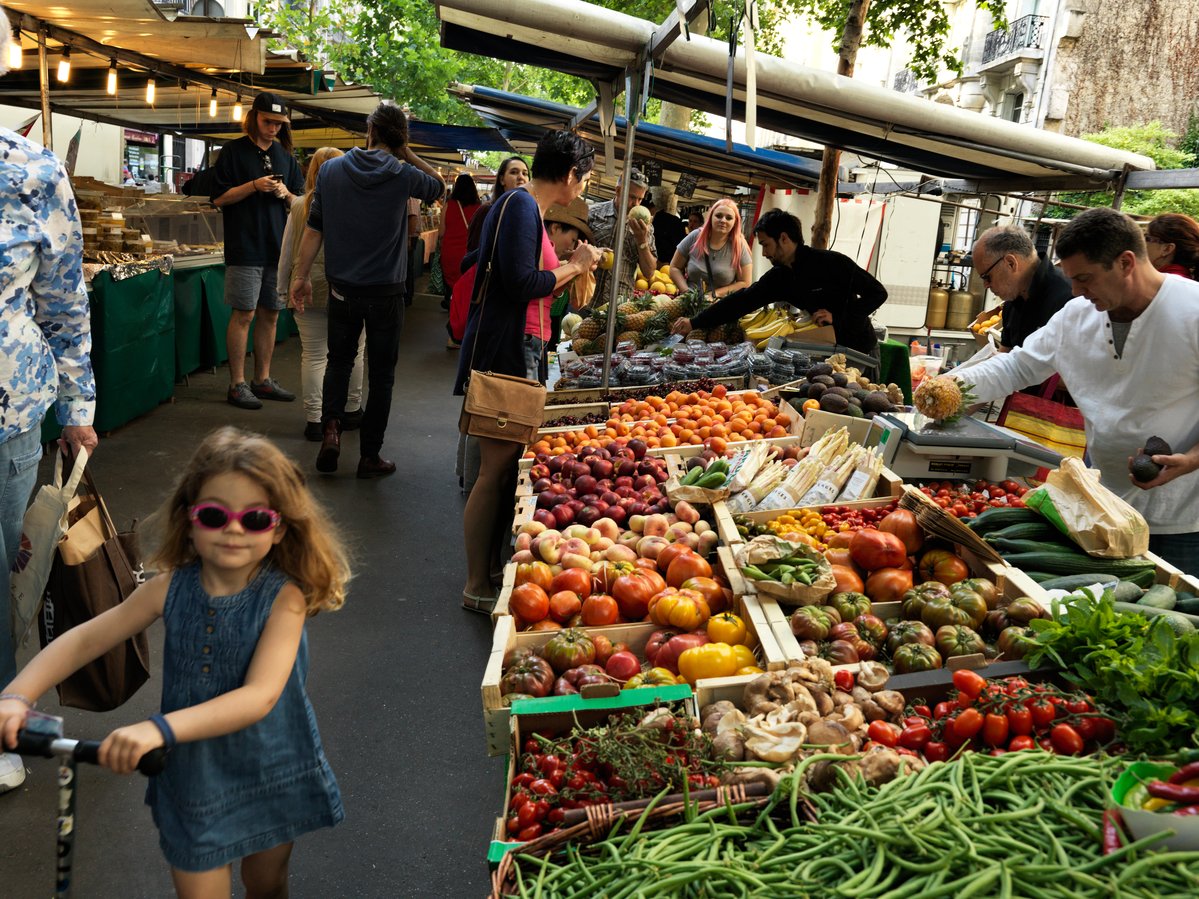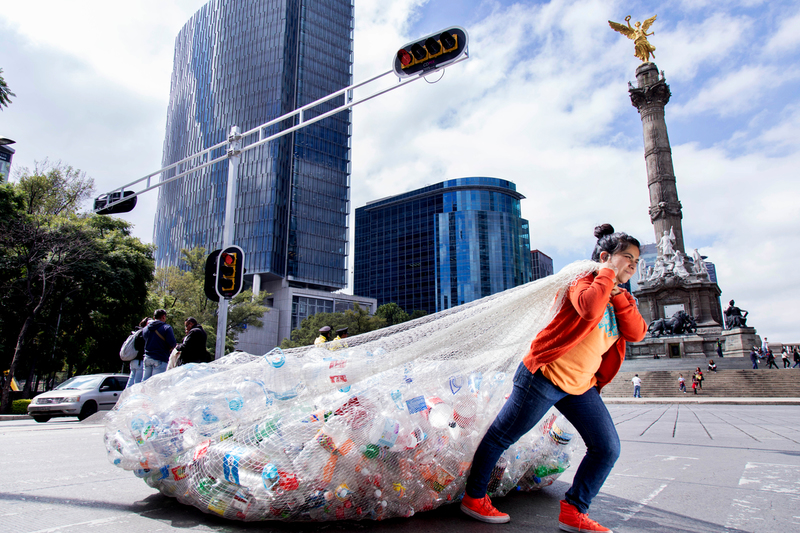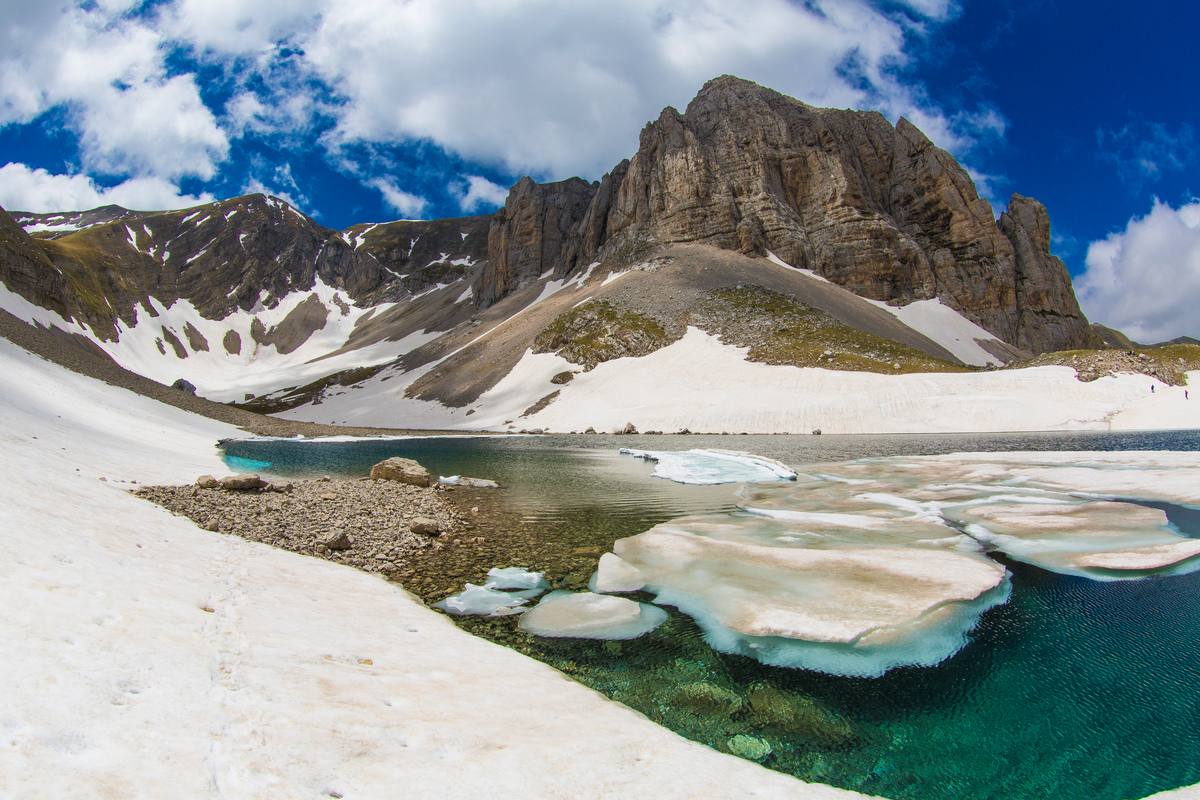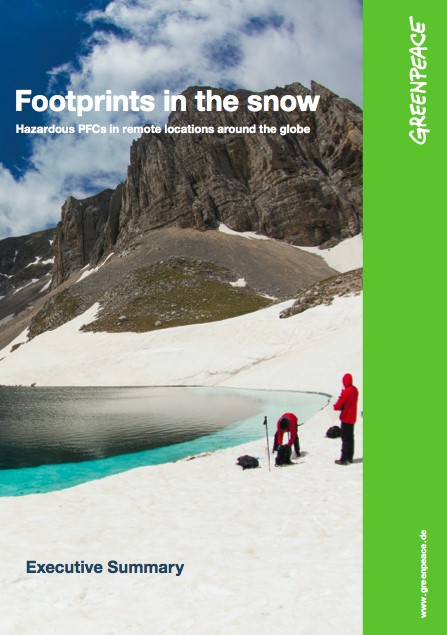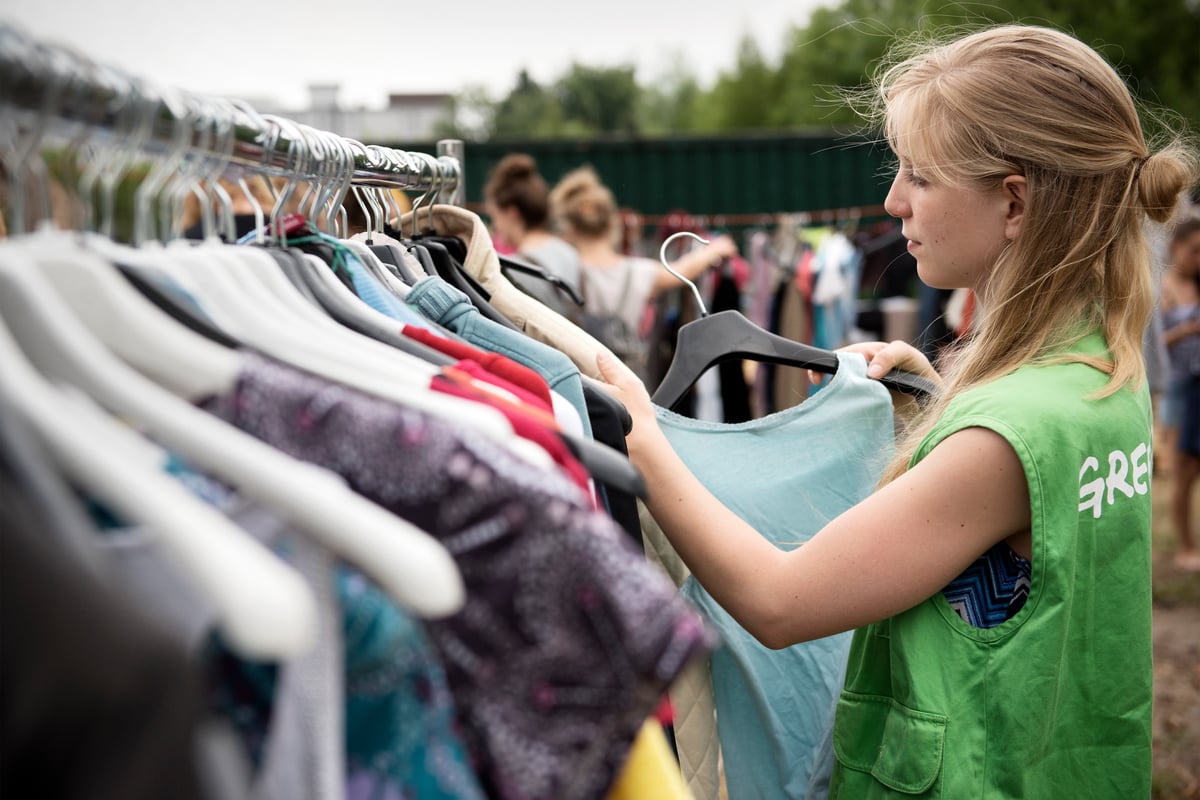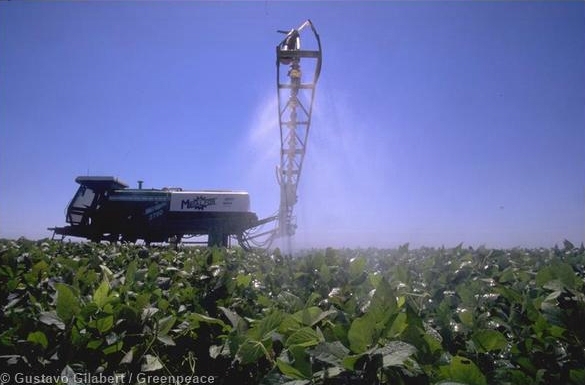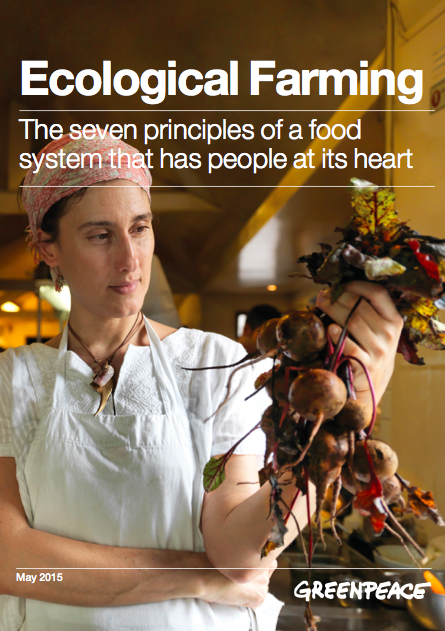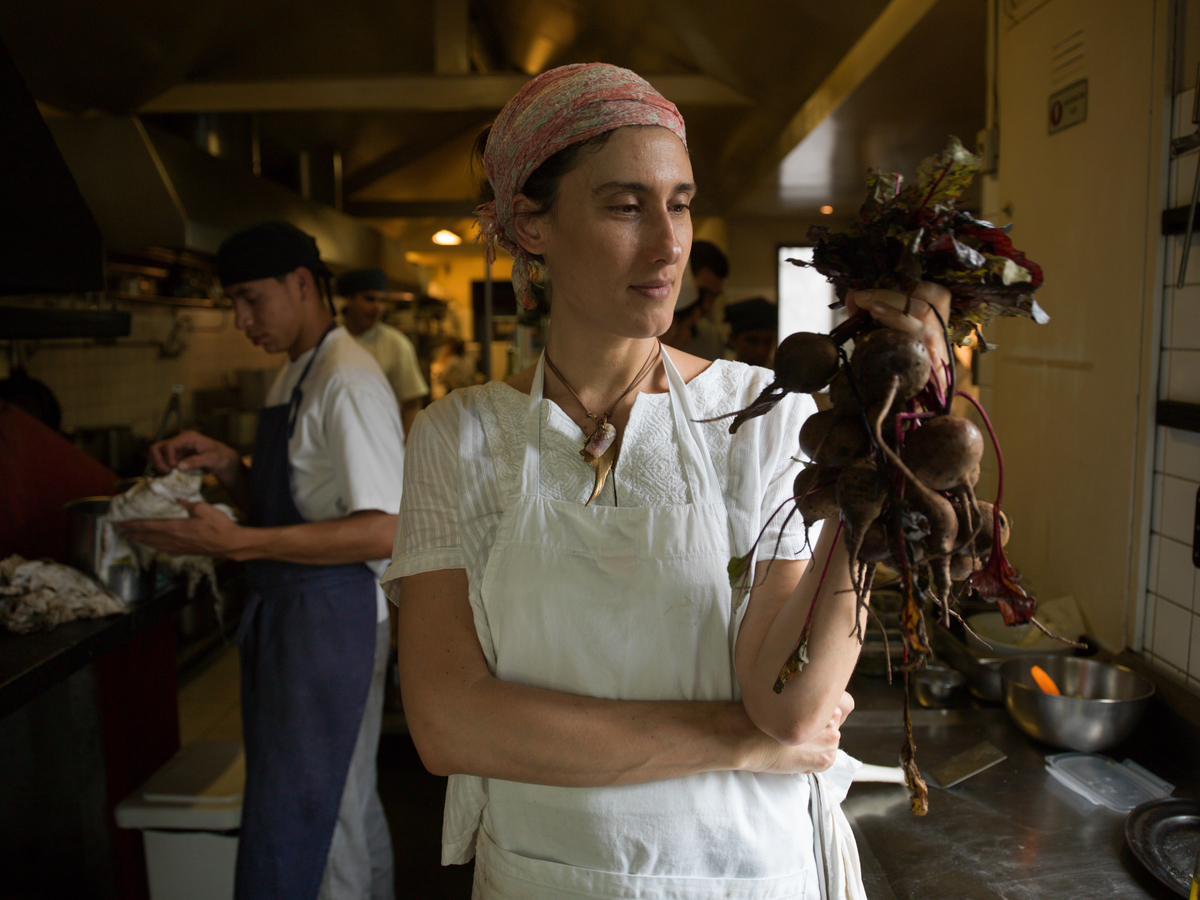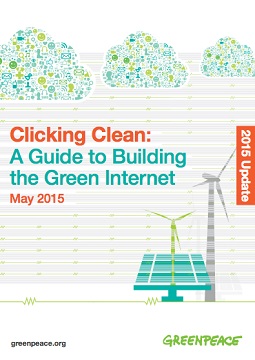All articles
-
Cows, conspiracies, and Greenpeace
You're probably reading this blog because you have some questions raised by the film Cowspiracy. I'd like to address these directly – and tell you a little about our work on animal agriculture around the world.
Robin Oakley4 min read -
5 ways to celebrate World Food Day (and fix our broken food system)
Today is World Food Day and food lovers have found some fabulous ways to celebrate. Food that's good for people and our planet is a human right: from farmers in Argentina and city folk in France, to children in the Philippines and foodies in the USA, food that's organic, local and seasonal should be a…
Amanda Graupner1 min read -
The story of a spoon
"You buy furniture. You tell yourself, this is the last sofa I will ever need in my life... Then the right set of dishes. Then the perfect bed. The drapes. The rug. Then you're trapped in your lovely nest, and the things you used to own, now they own you."– Chuck Palahniuk, Fight Club
Arin de Hoog1 min read -
Hazardous chemicals in pristine nature: why don’t we get rid of them?
Who hasn't dreamt of being in the untouched wilderness of the Himalayas, the Andes or the Altai Mountains, hiking or climbing in these incredible natural landscapes? Nowhere in the world is the snow purer or the water cleaner than in a clear mountain lake far from civilisation.
Gabriele Salari3 min read -
Footprints in the Snow
Outdoor brands and their suppliers rely upon stunning natural images of lonely, pristine mountain lakes and remote snowy mountain ranges climbed by famous outdoor adventurers for their advertising. Yet the chemicals used to make their products weatherproof are leaving an indelible footprint in the remote mountainous regions so loved by outdoor enthusiasts.
Greenpeace International1 min read -
A record breaking dress exchange: One event in over 40 cities
Today, Greenpeace is throwing the biggest clothes swap party ever seen in Austria and Germany: In over 40 cities, from the Danube to the Danish border, more than 10,000 expected participants will exchange some 50,000 trousers, skirts, t-shirts and evening tops.
Carolin Wahnbaeck3 min read -
How our breakfast choice can change the food system
8:00 am, Monday, southern Spain: "What's for breakfast, Mom?"
Reyes Tirado3 min read -
Ecological Farming
We are living with a broken food system. It needs to be replaced urgently for the benefit of all people, and the planet. Greenpeace's Food and Farming Vision describes what Ecological Farming means, and how it can be summarised in seven overarching, interdependent principles – based on a growing body of scientific evidence.
Greenpeace International1 min read -
Greenpeace demands scale up of ecological farming
Amsterdam, 18 May, 2015 – Ecological farming, a path towards an agricultural model that protects the environment and secures farmers' livelihood, has been mapped out in a Greenpeace report released today. It is a system based on the latest scientific innovations and produces healthy food while working with nature.
Greenpeace International2 min read -
Clicking Clean
While there may be significant energy efficiency gains from moving our lives online, the explosive growth of our digital lives is outstripping those gains. Publishing conglomerates now consume more energy from their data centers than their printing presses. Greenpeace has estimated that the aggregate electricity demand of our digital infrastructure back in 2011 would have…
Greenpeace International1 min read

